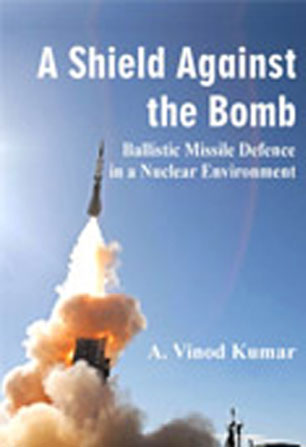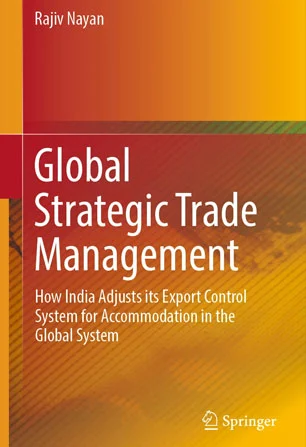Shadow over the Latest Nuclear Deal with Iran
The draft deal is envisaged as a test of Iran’s intentions, and from the Iranian point of view as a test of Western countries’ assurance to facilitate its peaceful nuclear programme.
- M. Mahtab Alam Rizvi
- November 05, 2009








